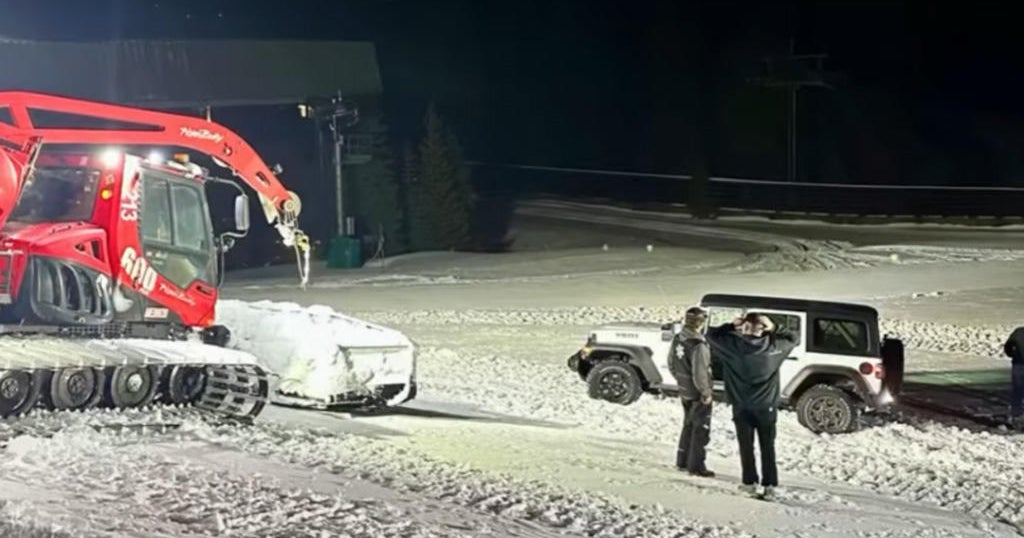California's Yurok Tribe reclaiming lost lives with old tribal values, spiritual healing
Unseen: A California crisis of missing, murdered Indigenous women - Part 4
KLAMATH, Del Norte County -- The Yurok Tribe is taking bold steps to address the crisis of missing and murdered Indigenous women.
The tribe has issued an emergency declaration, is building its first crime database, and seeking a way to regain sovereignty in investigating the cases.
It is also using centuries-old tribal values as building blocks of a new tribal justice system, including starting up a wellness court.
The idea of the court is to use a holistic approach drawing upon Yurok teachings, activities, and rituals to provide a path to mental, physical and spiritual healing.
Among those who have benefited from the court is Lawrence Orcutt, a tribal member with a long rap sheet that includes drugs, domestic violence, and DUIs.
When Orcutt got arrested again, he was on the cusp of losing everything. Then, he got a dose of tribal justice and it's transforming his life.
"I used to be, to say it bluntly, a criminal," he told KPIX. "[The court] fought for me. And if they didn't, I would have ended up in prison again."
"There is a lot more traditional aspects to it," he continued. "It's not like we are going to get you in trouble and put you in jail if you mess up. It's more like let me help you. And that's huge to me."
The program was created by Yurok Tribal Chief Judge Abby Abinanti.
"I don't think humans respond well to punishment and consequence," Abinanti said. "I think they respond well to our approach."
Abinanti is highly qualified to know. Born in San Francisco, she grew up in Humboldt County. As a youngster growing up, she was encouraged by female tribal leaders to become an attorney.
"That's the first lesson," Abinanti said. "You cannot win an argument with three old Indian ladies. So I went to law school."
Abinanti became California's first Native American female lawyer. She spent 20 years as a commissioner for San Francisco Superior Court.
When she returned home, she saw a community overburdened with domestic violence, substance abuse, and mental illness.
"All that behavior came from somewhere and once you understand that, then you have a fighting chance of getting on the other side of it," Abinanti said.
That means recognizing real harm was done by Indian boarding schools, indentured servitude, and massacres - traumas that are passed down as destructive behavior within families.
The wellness court is structured to help halt this downward spiral.
"How do you want to stop this?" Abinanti said. "Do you want your children to do this? Or do you want to stop it with you?"
ALSO READ: 'Our children deserve to be found;' The painful legacy of Native American boarding schools
Many believe this history plays a role in the crisis of the murdered and missing Indigenous women.
Rosemary Deck is a prosecutor for the Yurok Tribe. Her office recently hired an investigator who will only focus on cases involving these women. U.S. Marshals are now also involved. The unseen are finally becoming less invisible.
"I think that they are starting to pay attention," Deck said. "It's too late but it's better late than never."
As for Orcutt, he now owns his own construction company, has plenty of work and is closer to his family.




